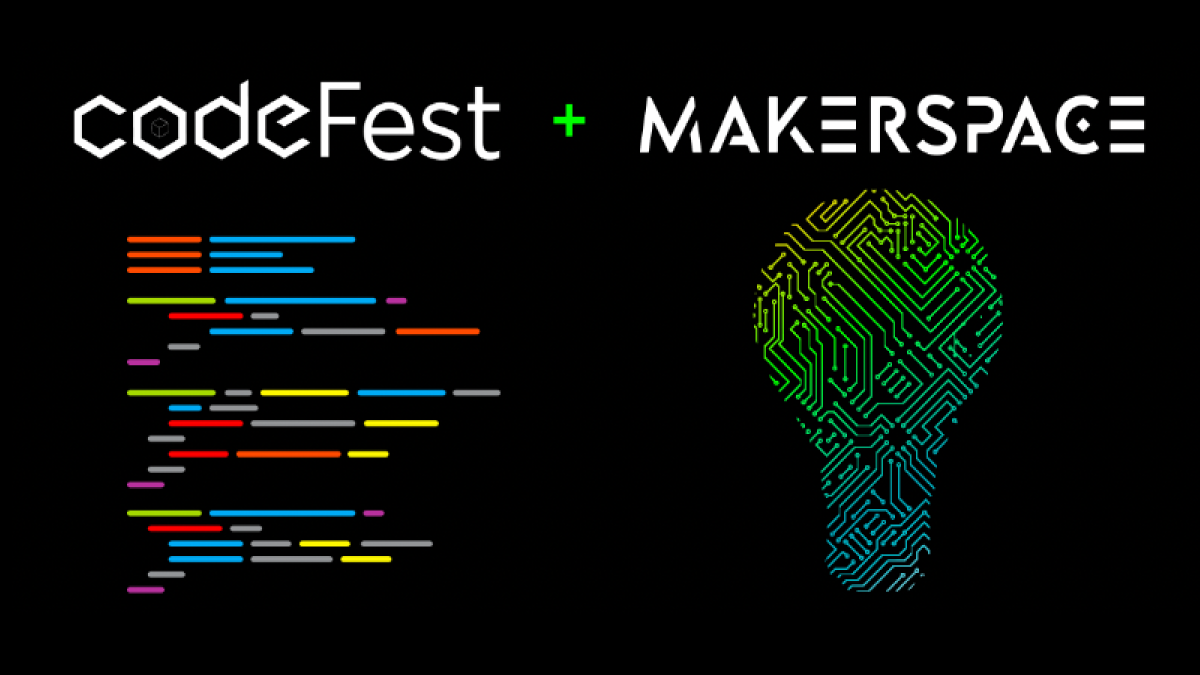Data Science in Biological Sciences
Modern biological research increasingly relies on skills in data science - a field that lies at the intersection of biology, statistics, computing, and data visualization. The Departmental of Biological Sciences is committed to training both undergraduate and graduate students in data science and offers a variety of courses and research opportunities in this area. Some courses focus on foundational skills (e.g., Intro. to Computing for Biologists and Intro. to Data Science), while other courses apply these skills to particular types of research questions (e.g., Analytical Approaches to Ecological Data Analysis and Experimental Designs in Transcriptomics). Students are encouraged to contact individual faculty members to learn more about these courses, as well as available research opportunities.
Events

Geaux Code is a series of monthly events focused on providing a creative and educational outlet for students interested in writing code and building small hardware projects. By holding these events, we aim to build interdisciplinary connections across the College of Science, foster creativity and teamwork, and provide students experience in data science. For more information on upcoming events, please see the Geaux Code website and signup page.
Faculty
| Course Title | Course Description |
|---|---|
| Introduction to Data Science | Fundamental skills for data science research in biology, including basic statistics, data manipulation, data management, and data visualization |
| Introduction to Computing for Biologists | Fundamental skills for computational research in biology, including the Unix command line, text manipulation and processing, version control with git, and introductory Python programming |
| Programming For Biologists | Fundamentals and techniques of programming in Python to facilitate biological research |
| Reproducible Research | Tools commonly used in data science and computational biology to ensure that analyses are stable and run-able regardless of time since the research was conducted or computer operating system |
| Image Analysis and Computer Vision for Biologists | Analysis of biological images in both 2D and 3D, using computer vision techniques |
| Quantitative Ecology | Common mathematical techniques to understand population growth, community stability, origins of population cycles, and other ecological phenomena |
| Computational Phylogenetics | Statistical and computational approaches to reconstruct evolutionary history using DNA sequences |
| Analytical Approaches to Ecological Data Analysis | Analysis of environmental and ecological data using likelihood, information theory, and Bayesian methods |
| Experimental Designs in Transcriptomics | The design of genomic studies to understand gene regulation and transcription |
| Computational Biology | An array of advanced computing techniques for conducting biological research |




